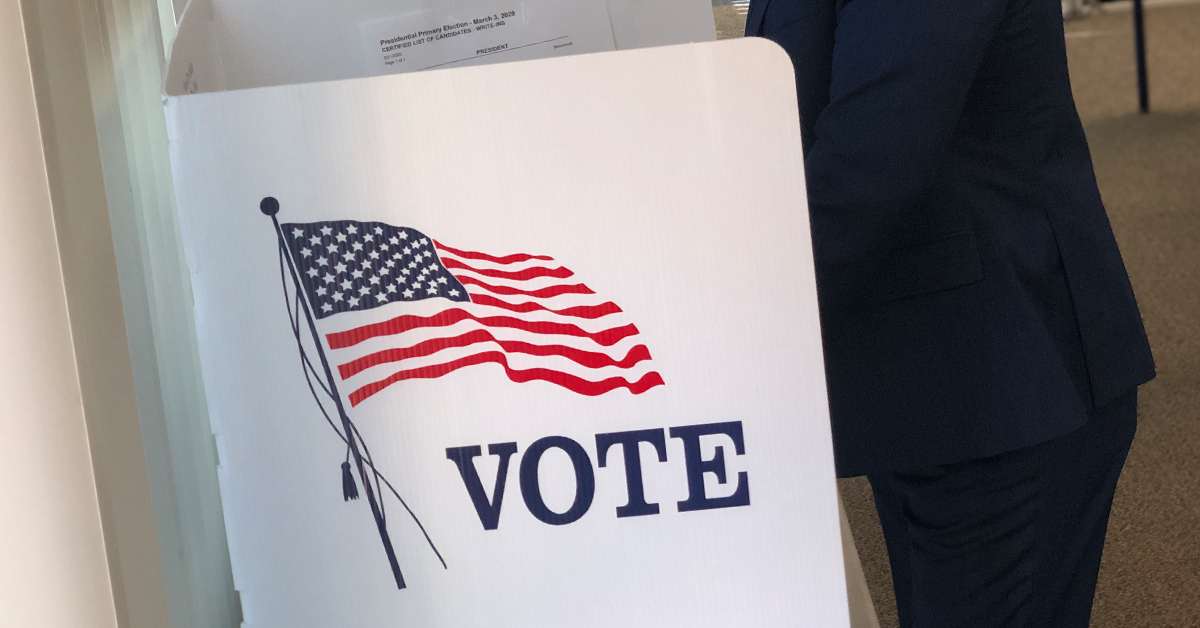California’s three strikes law could soon be coming to an end.
Earlier in December, the California Committee on Revision of the Penal Code released its annual report, recommending a repeal of the three strikes law, among other changes.
The committee – which is comprised of two Democrat legislators and five Gov. Gavin Newsom appointees – targeted the 1994 three strikes law that requires sentences of 25 years to life for people convicted of a third felony, following two serious or violent felonies.
According to the report, the three strikes law has not had much of a positive impact on public safety, instead resulting in an inflated prison population.
In the report, the committee acknowledged that repealing the three strikes law “is a difficult goal,” given the fact that voters approved the measure by a 72 percent clip.
If the repeal cannot be realized, the committee also offered three secondary reforms:
- Establish a five-year washout period, after which prior offenses cannot be counted as strikes.
- Establish that juvenile adjudications cannot be counted as strikes.
- Disallow the doubling of sentences for prior strikes when the new offense is not serious or violent.
Since the 1994 law also doubled prison terms for those convicted of a second felony after already having one serious or violent felony on their record, the committee noted that the prison population that has been sentenced under the three strikes law is a third of California’s total prison population.
The report also noted that 80 percent of people sentenced under the three strikes law are people of color.
“Eliminating or substantially limiting the use of the three strikes law would recognize the law’s failure to make California safer, and would be a significant step towards reducing racial disparities in our criminal legal system,” the report reads.
The three strikes law already faced one round of reforms. In 2012, California voters passed Proposition 36, which made it so the only inmates serving life terms were for serious or violent felonies.
Other recommendations from the committee included making the current life-without-parole inmates eligible for parole consideration after 25 years of imprisonment, as well as allowing convicted felons to receive parole without additions for past convictions or gang membership.










